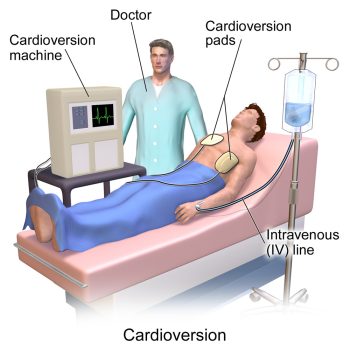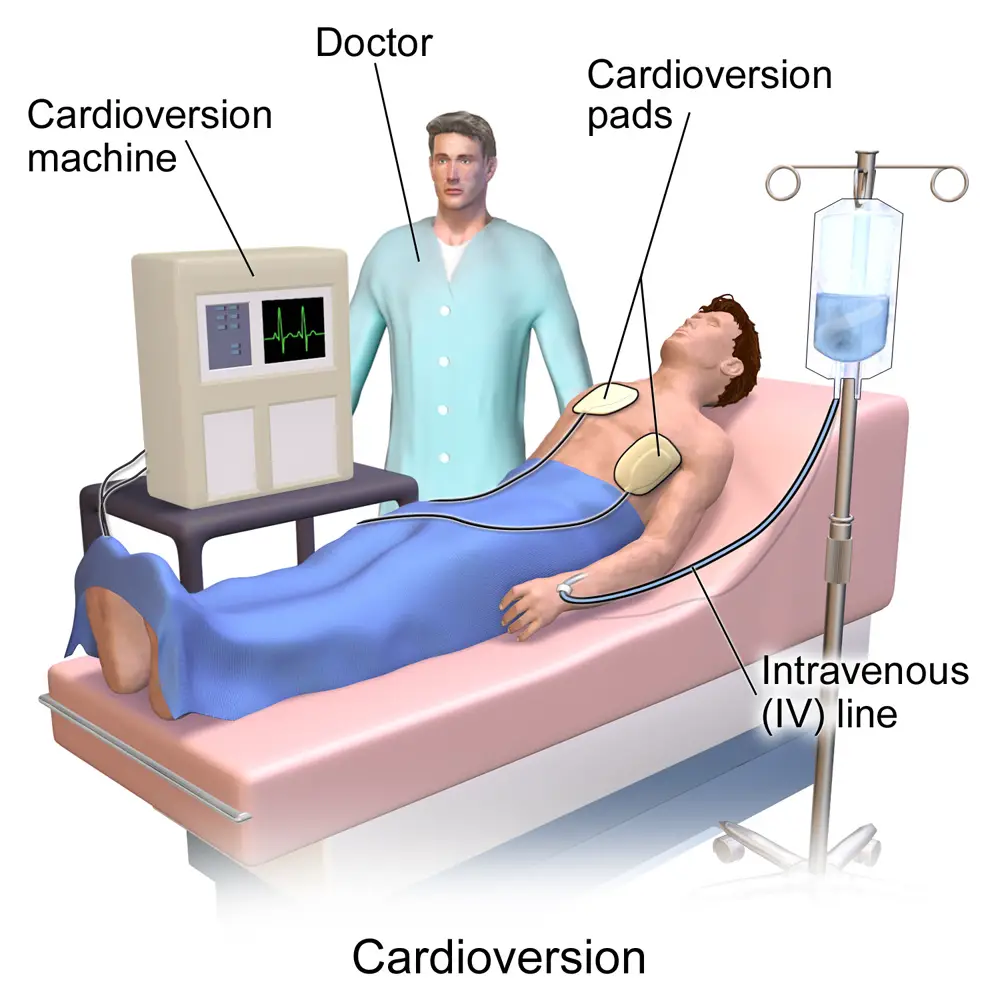What is a Cardiovascular Perfusionist?
Cardiovascular perfusion is a career solely focused on providing the normal functions of the heart and lungs during open-heart surgery. This allows the heart to be stopped to facilitate cardiac surgery.
is a career solely focused on providing the normal functions of the heart and lungs during open-heart surgery. This allows the heart to be stopped to facilitate cardiac surgery.
Due to the nature of the cardiac surgery, the surgeon needs to work on a still heart, during this surgery it is imperative to temporarily replace a patient’s circulatory and respiratory function. It is the responsibility of the perfusionist to carry on the function of the heart and lungs during these medical procedures. They are trained on providing the best level of care during open-heart surgery.
During the operation a perfusionist is one of the most important members of the team as they are handling the heart. Their primary role is to closely monitor the patient’s blood flow and other vital signs during open heart surgery and are also required to administer intravenous fluids, blood products and aesthetic drugs. They manage the physiological and metabolic demands of the patient while the cardiac surgeon operates on the heart.
Perfusionists may also perform administrative duties, such as equipment and supply purchasing, department management and quality improvement. Perfusionists are required to undergo very stressful situations so they are obliged to be able to work under pressure and demanding environments.
Working Conditions
As a member of the team a perfusionist is required to be completely updated on the records of the patient (e.g medical history and current health status). This information will help the cardiac surgeon and will help to determine which equipment is needed and how the tasks should be performed.
Throughout the entire operation period the perfusionist is required to monitor heart/lung machine and other equipment vital for the success of the operation. Once the patient is connected to the machine the perfusionist is there to control the rate of the blood circulation, temperature and other monitoring devices.
Perfusionists are working in very trying environments so it is essential that they are mentally prepared as the situations can be stressful and things can happen that are unpredictable. Perfusionists would have already been trained beforehand and would have knowledge of that. People who are looking to be a CP should be very aware of this and be aware that they must have very good attention to detail as they read all the vital signs of patients.
How can you become a Cardiovascular Perfusionist? (Academic Requirements)
Education
To understand and develop the knowledge of becoming a qualified CP a perfusionist typically needs to complete a four-year degree, with courses in biology, chemistry, anatomy and physiology, in most cases there will always be additional specialised training to satisfy requirements of the certification. Many perfusionist choose to pursue a certificate program, first completing a four-year bachelor’s degree and then applying to the perfusion certificate program. Some programs prefer candidates to have a background in medical technology, respiratory therapy or nursing.
Training
All perfusionist schools require students to complete practical hands-on courses, this is training. During these training sessions candidates must perform a certain number of clinical perfusion procedures. This requirement is there so that students will a) have experience end knowledge on how the operations will go b) they can apply what they have learnt c) be able to prepare themselves as they know the procedures.
If your dream is to become a CP then you must know right from the beginning all the right and accurate information about the profession. For example, besides the education and training that you must achieve you’ll also need to possess traits or skills that will make a huge difference to the way you work and they way you see this profession. As said before the ability to keep calm under pressure and being able to still be focused on the details that a CP must be attentive too is a huge milestone that a CP must learn. These positive skills and traits connected to how a CP reacts emotionally will be very beneficial in an operating room, not just for a CP but for the surgeons around them
How much do you earn as a Cardiovascular Perfusionist?
After a candidate studying and attaining all the needed requirements and certificates they are then qualified start working and getting paid. This is what needs to be paid attention to. Being a Cardiovascular Perfusionist is one of the highest paying healthcare jobs in the present. If someone is looking for a high-paying, in-demand job in the healthcare industry a Cardiovascular Perfusionist is a profession to choose.
The salary of a professions depends on several and influential factors such as the facility location in which one is working, the educational level that is required of a CP in different countries and the years of experience.
The average salary for a Cardiovascular Perfusionist is fairly generous as they earn above six figures annually. Recent studies have shown that a CP will earn between $78,906 – $142,313, this depends in what year you have entered. From entry level you would be earning just below $100,000 a year, the pay does increase based on your experience and years of knowledge. For a CP that starts practice 20 years into the future the pay would be more than $120,000 again depending on the facility and the skills that are required in that specific clinic.

